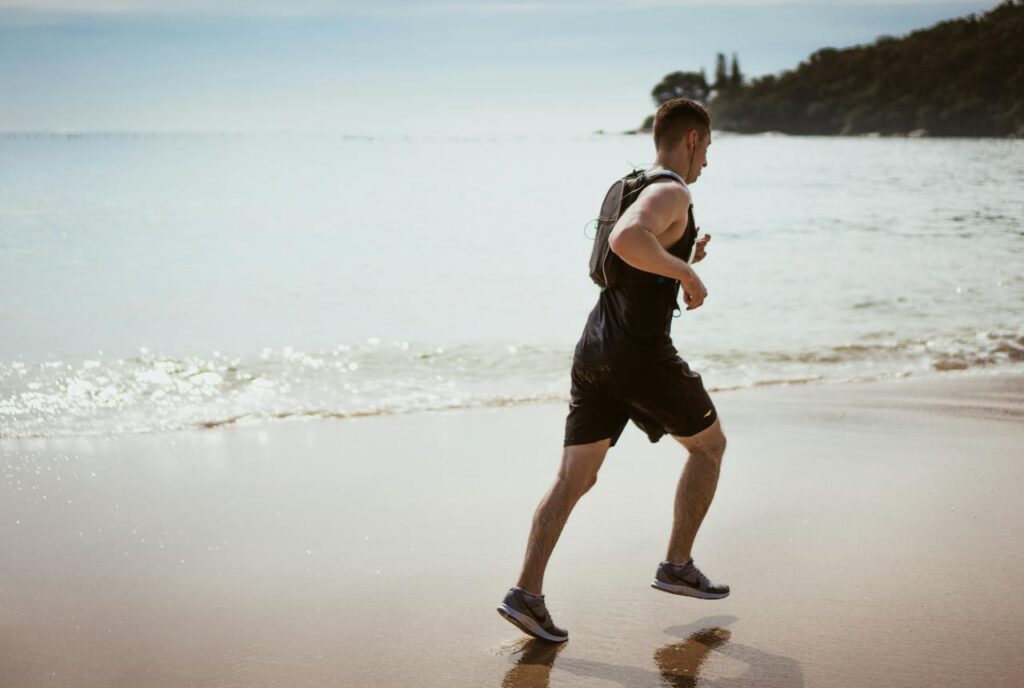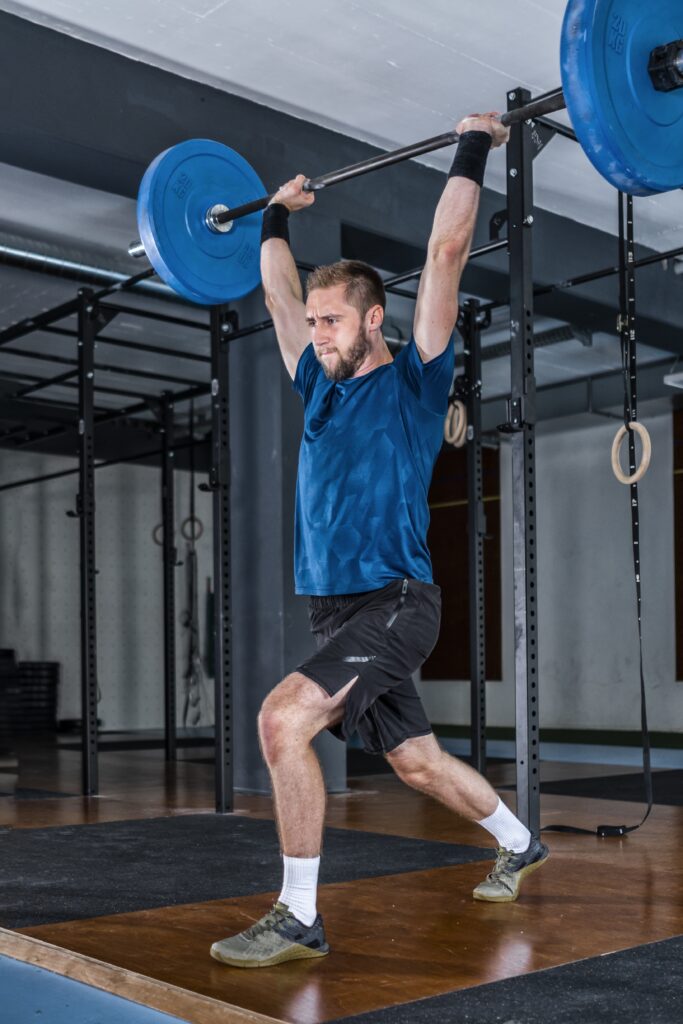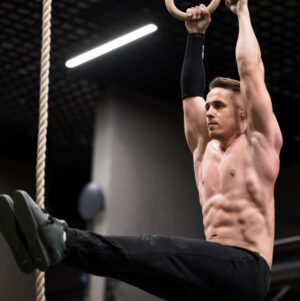As I was finishing the last kilometers of my traditional Sunday 15-kilometer cross-country run, I thought about the fact that embracing an active lifestyle has transformed my energy levels. I never feel tired after running – not after five, fifteen or even 21 kilometers, rather on the contrary, feeling some freshness and lightness in the whole body along with energy, desire and sincere enthusiasm to do something.
Perhaps it is not a question of running another ten kilometers immediately, but the thought of the next workout (at least some household chores or writing an essay about the Domain Name System) makes me enthusiastic. After training, I can go for a walk with the dog, organize a general cleaning of the house or go to school. What I definitely don’t want to do is collapse on the couch and do nothing – no matter how much physical work I’ve done.

The Transformative Effects of Physical Activity on Energy and Well-Being.
Well, okay, not just after running – any workout makes me feel a little better and more alert than before (although all things being equal, cyclic sports – running, swimming, cycling – have a very special place in terms of their impact). A good strength or functional training session can serve as that same invigorating breath of air with long-term effects.
Conversely, on days when I have to sit for long periods of time, I feel much more fatigued both physically and mentally. After a long day spent in a computer chair or a classroom, the body feels heavy, stiff and lethargic – at the very least, you don’t want to run up the stairs in such a state, and the thought of going to a workout afterwards doesn’t arouse much enthusiasm, in short, the same phenomena expressed by common phrases like “lack of energy” or “no strength”.
No physical work has not been done, and the person already feels tired – chronically tired.
All of the above can be explained quite easily from the point of view of physiology: a healthy portion of stress, which is training, triggers a neurohormonal reaction in the body, which does not disappear immediately upon cessation of exposure, but continues inertia for some time.

Breaking the Cycle of Inertia: Embracing Change for Enhanced Vitality.
Well, and vice versa – as long as a person leads a sedentary lifestyle, the miracle will not happen. Waiting for the moment when you feel well enough to finally go to the gym is almost pointless, because there is a non-zero probability that it will never come.
The problem is not that you don’t have the energy for sport, but that you don’t have the energy for lack of it.
Of course, many factors affect your overall energy and vitality levels, including nutrition, sleep quality or recent illnesses – all of which are good to keep in check – but all things being equal, it is this inertia that can prove to be the most powerful of them all.
Inertia can manifest itself in a variety of ways. You may indeed not get enough sleep or catch a mild cold, but if you’re used to starting your day with morning exercise, you’re still likely to do it purely automatically, just like brushing your teeth or pouring water into the coffee machine. It may not be the most productive workout of your life, but it will already have the aforementioned positive effect. Finally, it will simply be accomplished.
Harnessing the Benefits of an Active Lifestyle for Enhanced Physical Resilience and Metabolic Health.
This can also manifest itself on a physiological level: a person who leads an active lifestyle returns to shape much more easily and quickly after an illness or injury than it would take a physically untrained person to create one from scratch. Finally, a certain amount of excess calories will have a much smaller effect in case of regular exercise – simply put, an athlete with a large amount of active muscle mass and an overclocked metabolism has a much lower chance of getting fat, even if he takes a vacation from the gym for the whole New Year’s vacations, not neglecting participation in family feasts.
Of course, I do not recommend such an experiment, however, sports still give you some advantage over others, allowing you to worry to a much lesser extent in case you feel that you have eaten too much, and move – too little.
The main thing is to start, because, most likely, it will be easier for you later on, if only because the main motivation that makes you stick to a certain lifestyle, exercise and watch your diet will be not even the ideal figure, abs or sports results (most often they are acquired by themselves as a pleasant bonus), but the banal quality of everyday life.

